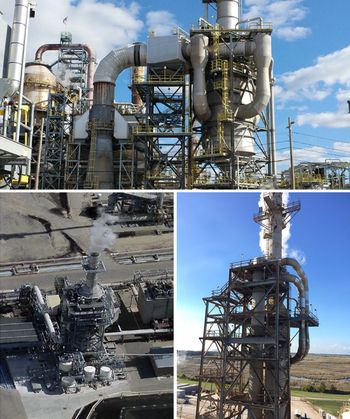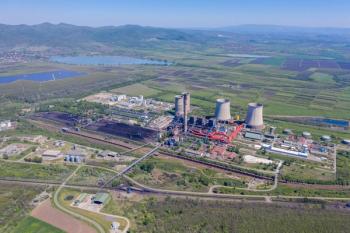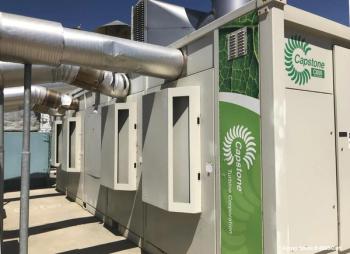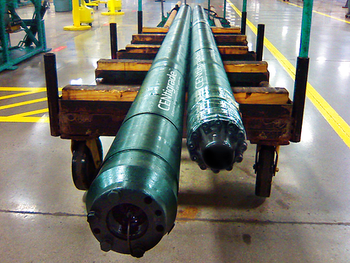
Japan pledges carbon neutrality by 2050
The prime minister of the world's third largest economy said that Japan will become carbon neutral by 2050. The announcement comes after an initial pledge to reduce carbon emissions by 80% by 2050. The shift brings Japan in line with the European Union, w
Japan’s current energy plan, set in 2018, calls for 22-24% of its energy to come from renewables, 20-22% from nuclear power and 56% from fossil fuels. Prime Minister Yoshihide Suga, who replaced Shinzo Abe in mid-September, did not offer details on how the country would achieve its target but said Japan would promote renewables and seek a larger role for nuclear power. He also promoted investment in research and development of key technologies, such as solar batteries and carbon recycling. He promised to "fundamentally change Japan's long-term reliance on coal-fired energy."
Japan's pledge, like in other country's, will be a tall task. The country is heavily reliant on coal and other fossil fuels. And since the Fukushima Daiichi nuclear power plant disaster a decade ago, public support for nuclear power has waned.
Newsletter
Power your knowledge with the latest in turbine technology, engineering advances, and energy solutions—subscribe to Turbomachinery International today.




